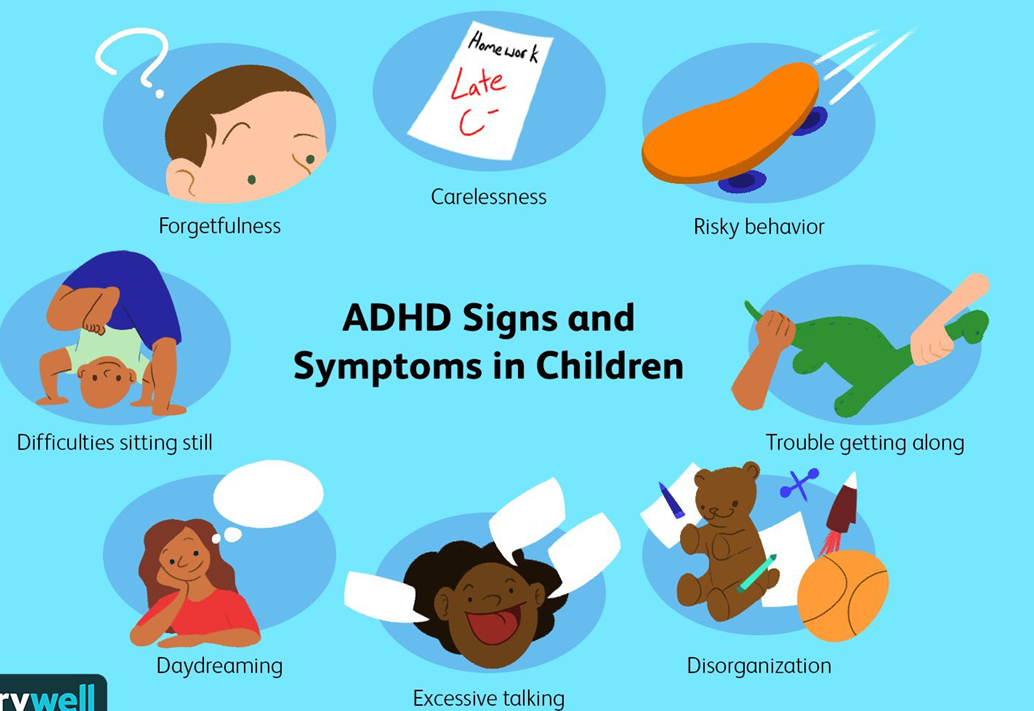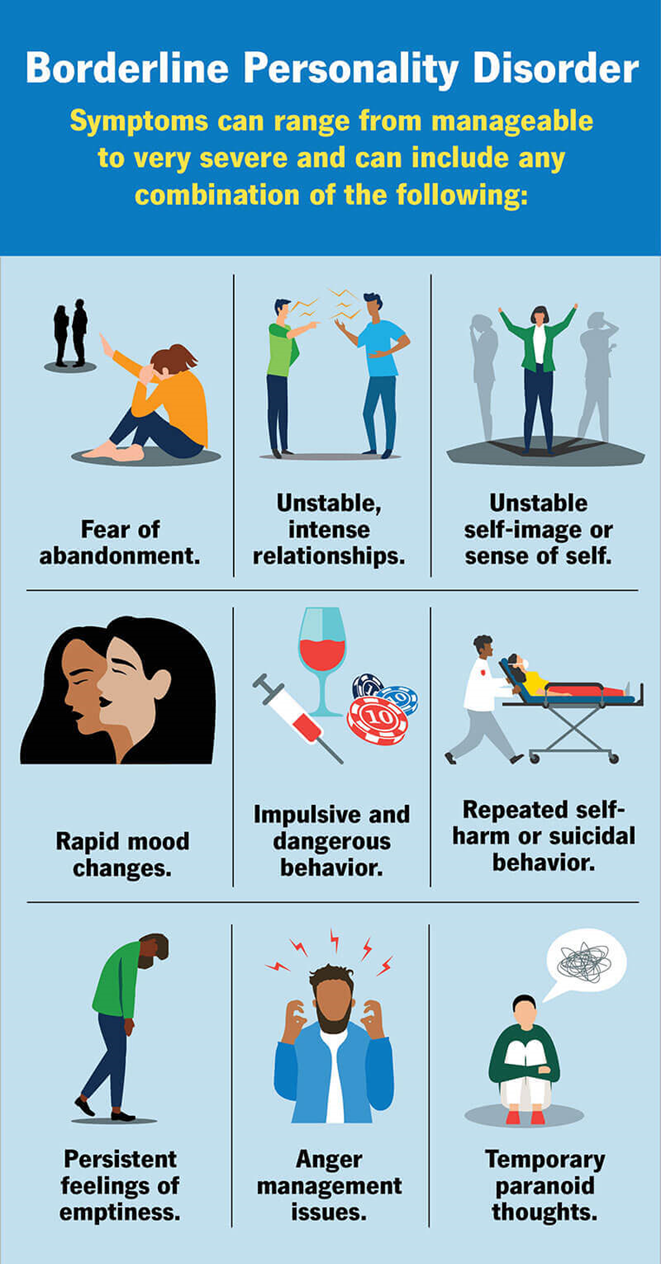A nurse is teaching the parents of a child who has ADHD about methylphenidate. Which of the following statements should the nurse include in the teaching?
This medication might increase the amount of saliva your child produces.
Administer the medication at bedtime.
Your child might gain weight while taking this medication.
Restrict your child’s intake of caffeine while she is taking this medication.
The Correct Answer is D
The correct answer is d. Restrict your child’s intake of caffeine while she is taking this medication.
Choice A Reason:
This statement is incorrect. Methylphenidate does not typically increase saliva production. In fact, it is more commonly associated with dry mouth as a side effect. Therefore, informing parents that the medication might increase saliva production would be misleading and not based on the known side effects of the drug.
Choice B Reason:
This statement is incorrect. Methylphenidate should generally be administered in the morning or early afternoon to avoid insomnia, as it is a stimulant and can interfere with sleep if taken too late in the day. Administering the medication at bedtime would likely cause sleep disturbances, which is counterproductive for managing ADHD symptoms.
Choice C Reason:
This statement is incorrect. Methylphenidate is more commonly associated with weight loss rather than weight gain. The medication can suppress appetite, leading to reduced food intake and potential weight loss. Therefore, it is important to monitor the child’s weight and nutritional intake while on the medication, but weight gain is not a typical concern.
Choice D Reason:
This statement is correct. Caffeine is a stimulant and can exacerbate the side effects of methylphenidate, such as increased heart rate, jitteriness, and anxiety. Therefore, it is advisable to restrict the child’s intake of caffeine while taking this medication to avoid these potential interactions and side effects. This includes limiting consumption of caffeinated beverages like coffee, tea, and certain sodas.

Nursing Test Bank
Naxlex Comprehensive Predictor Exams
Related Questions
Correct Answer is B
Explanation
The correct answer is b. Generates conflict among the staff.
Choice A Reason:
Bizarre speech patterns are not typically associated with borderline personality disorder (BPD). BPD is characterized by intense emotional responses, unstable relationships, and impulsive behaviors. While individuals with BPD may exhibit erratic behavior, bizarre speech patterns are more commonly linked to disorders such as schizophrenia.
Choice B Reason:
Generating conflict among the staff is a behavior pattern often observed in individuals with borderline personality disorder. People with BPD may have difficulty maintaining stable relationships and can exhibit manipulative behaviors, leading to conflicts. This behavior stems from their intense fear of abandonment and efforts to avoid real or perceived rejection.

Choice C Reason:
Social isolation is not a primary characteristic of borderline personality disorder. While individuals with BPD may experience intense and unstable relationships, they typically do not isolate themselves socially. Instead, they may engage in intense and tumultuous interactions with others.
Choice D Reason:
Suspiciousness of others is more commonly associated with paranoid personality disorder rather than borderline personality disorder. While individuals with BPD may have trust issues and fear abandonment, their behavior is more characterized by emotional instability and impulsive actions rather than pervasive suspiciousness.
Correct Answer is D
Explanation
Choice A Reason:
Sedated, heightened senses, withdrawn. This statement is incorrect. While PCP can cause a range of sensory and psychological effects, sedation and withdrawal are not typical primary symptoms. PCP is more likely to cause agitation and aggressive behavior rather than sedation.
Choice B Reason:
Heightened sensory perceptions, nystagmus, hypotension. This statement is partially correct. PCP can cause heightened sensory perceptions and nystagmus (rapid, involuntary eye movements), but hypotension is not a common symptom. Instead, PCP often leads to hypertension (high blood pressure) due to its stimulant effects.
Choice C Reason:
Grandiose delusions, hypotension, quiet. This statement is incorrect. While PCP can cause grandiose delusions, it is more likely to result in agitation and aggressive behavior rather than a quiet demeanor. Hypotension is also not a typical symptom of PCP intoxication.
Choice D Reason:
Violence, psychomotor agitation, hypertension. This statement is correct. PCP intoxication is commonly associated with violent behavior, psychomotor agitation, and hypertension. These symptoms are due to the drug’s stimulant and dissociative effects, which can lead to severe agitation and aggressive behavior.
Whether you are a student looking to ace your exams or a practicing nurse seeking to enhance your expertise , our nursing education contents will empower you with the confidence and competence to make a difference in the lives of patients and become a respected leader in the healthcare field.
Visit Naxlex, invest in your future and unlock endless possibilities with our unparalleled nursing education contents today
Report Wrong Answer on the Current Question
Do you disagree with the answer? If yes, what is your expected answer? Explain.
Kindly be descriptive with the issue you are facing.
